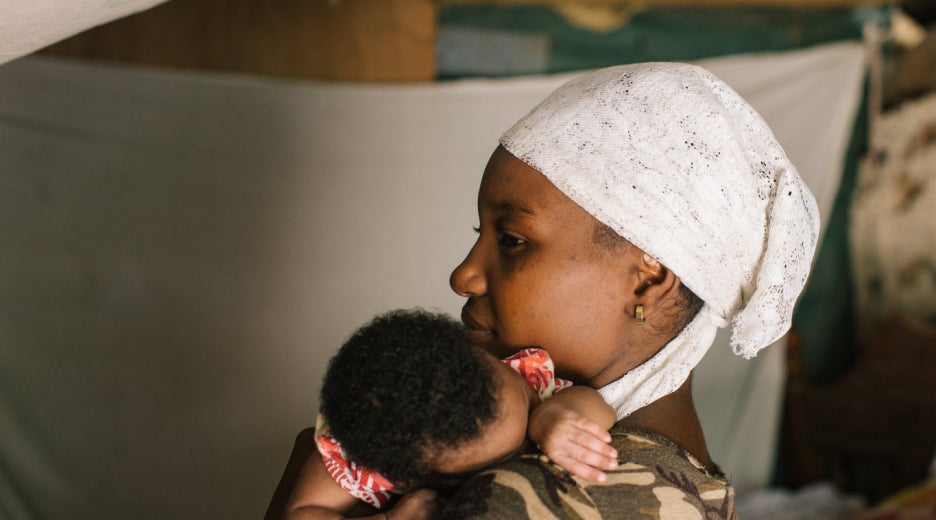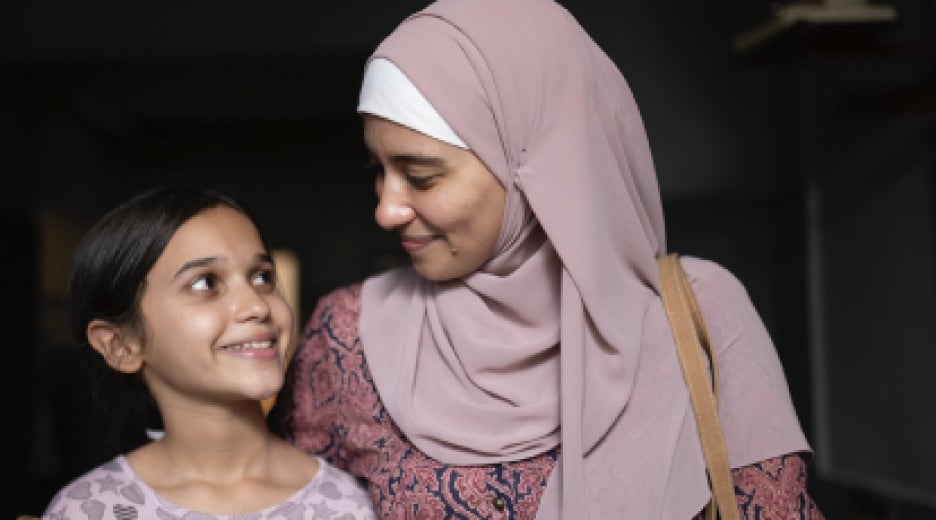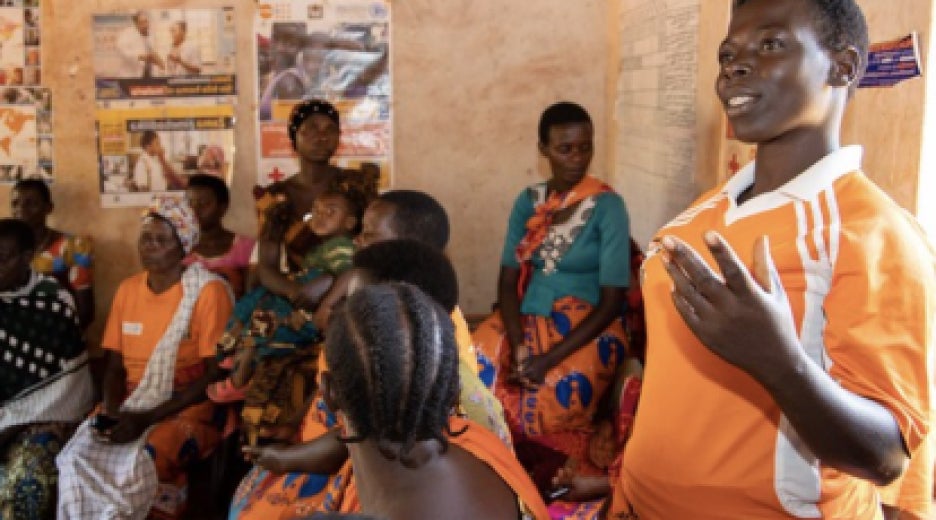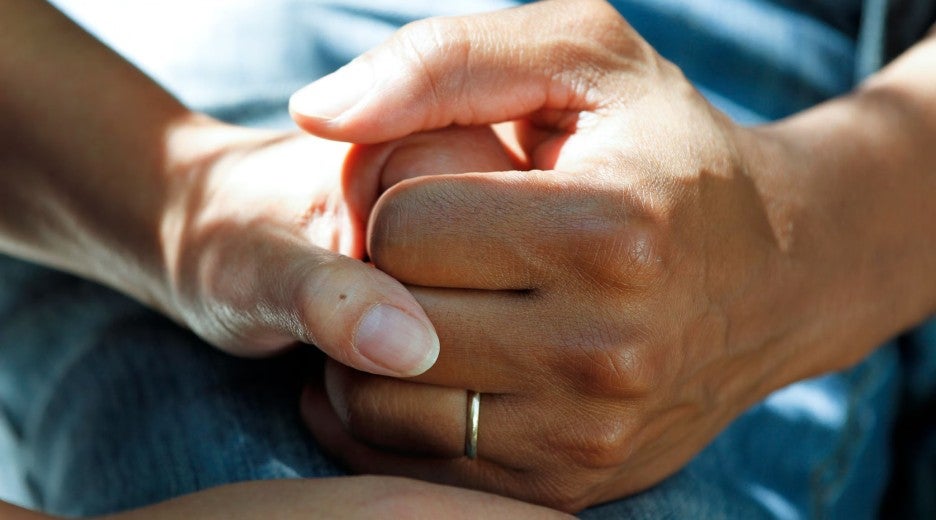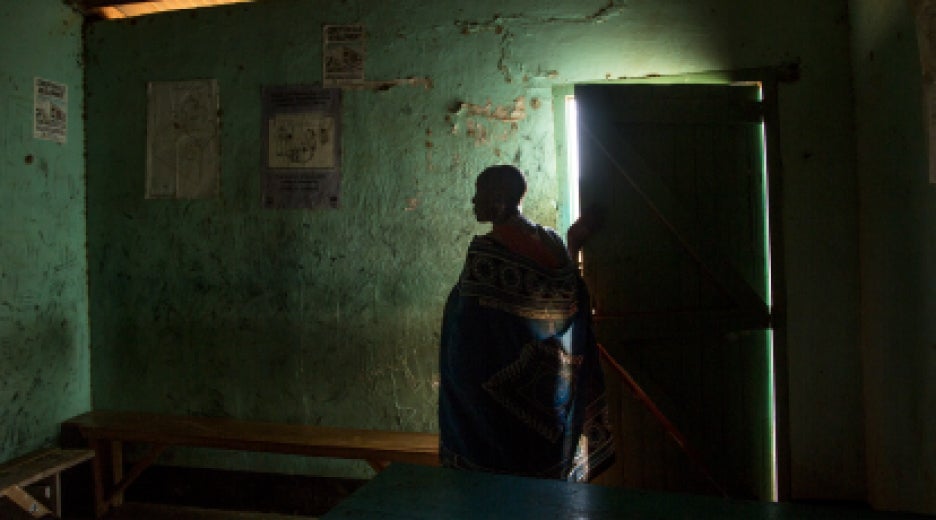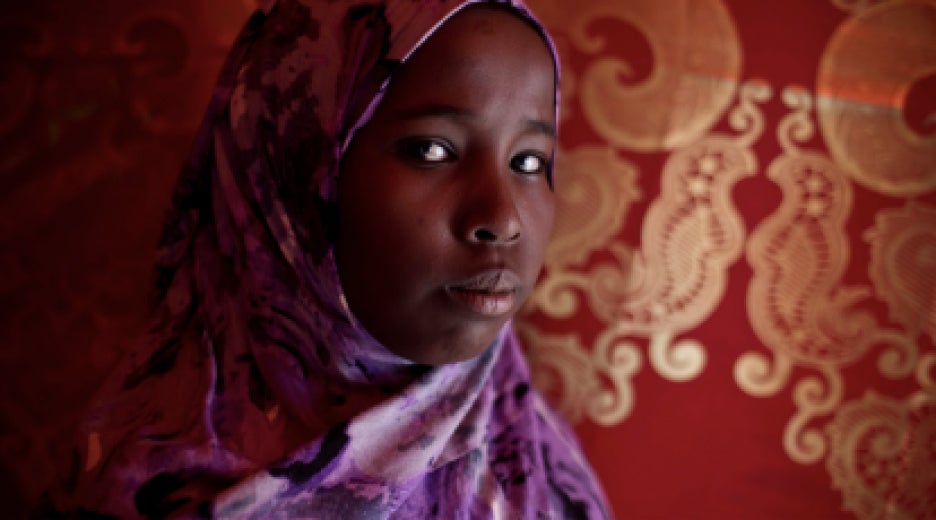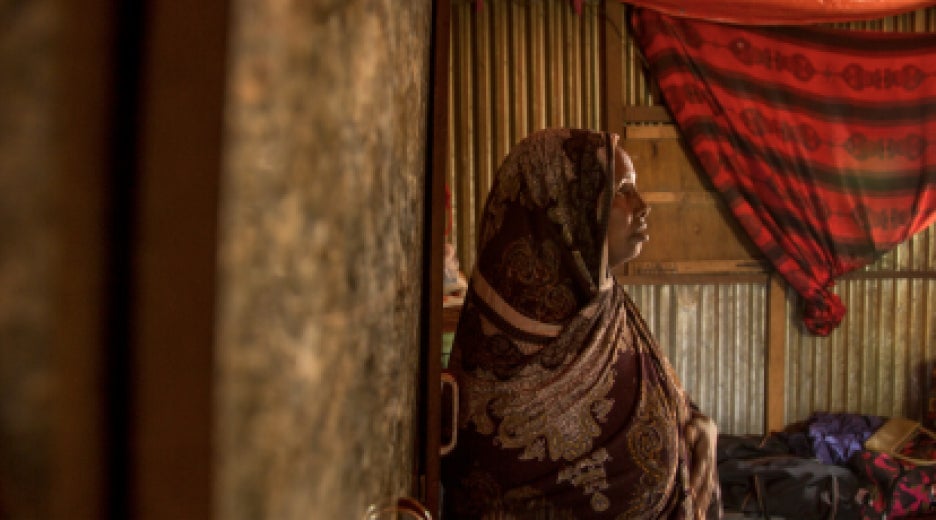Need ideas for your programming? Explore successful implementation examples.
Republic of Congo
Expanding Quality Care for Young Indigenous Mothers.

In the Republic of Congo, UNFPA partnered with Médecins d’Afrique to increase access to sexual and reproductive health services for indigenous Baka women in the department of Sangha.
The “First Time Young Mother” initiative piloted a series of interventions from April to June 2017, including:
- hosting workshops for health providers on the specific needs of indigenous women
- training community volunteers to liaise with pregnant women to inform them of their rights to maternal health services and encourage them to go to health clinics
- training traditional birth attendants on biomedical practices to enable them to practice in medical institutions, and
- distributing kits with clothing and soap to pregnant indigenous women prior to their antenatal visits, so that they were able to arrive washed and wearing clean clothes and did not feel embarrassed when visiting the clinics.
As a result of these interventions, the number of women receiving antenatal care and giving birth in health clinics and hospitals in the district increased dramatically. In the first quarter of 2017, 10 women received antenatal care and 11 women gave birth in a medical facility. In the third quarter, 112 women received antenatal care and 38 gave birth in a medical facility.
Kenya
Holding Maternal Health Providers Accountable for Abuse.

In 2013, Josephine Oundo Ongwen gave birth in Bungoma County Hospital in Nairobi, Kenya – and suffered severe physical and verbal abuse by hospital staff.
The hospital forced Josephine to purchase the medicine needed to induce her labor, which should have been given free of charge. Nurses told her that if she needed attention once her labor was induced, she would have to walk from the labor ward to the delivery room herself. She did so, only to find no available beds.
Josephine delivered her baby on the floor, with no medical assistance. Finding her unconscious, the nurses physically and verbally assaulted her for dirtying the floor. When she regained consciousness, they made her walk unassisted to the delivery room for examination.
Josephine suffered severe emotional trauma as a result of this maltreatment. Her ordeal was witnessed and documented by another patient, leading to widespread media coverage of her case.
The court that heard Josephine’s case found that the hospital had violated her right to dignity and subjected her to cruel, inhumane, and degrading treatment. Its ruling, issued in 2018, clarified that Kenyan law guarantees every person the right to the highest attainable standard of health, including reproductive health; guarantees free maternal health care in public facilities; and establishes that these services must be accessible and safe.
Josephine’s case highlights the need for maternity services everywhere to be delivered in a respectful manner that honors each woman’s dignity. Since 2018, the government of Kenya has prioritized UHC as one of the key pillars of its Big Four Agenda. Access to free maternal health services is a key component of UHC through the Ministry of Health’s Linda Mama program, rolled out by the National Health Insurance Fund in 2017 to advance universal access to maternal and child health services and contribute to the country’s progress toward UHC.
